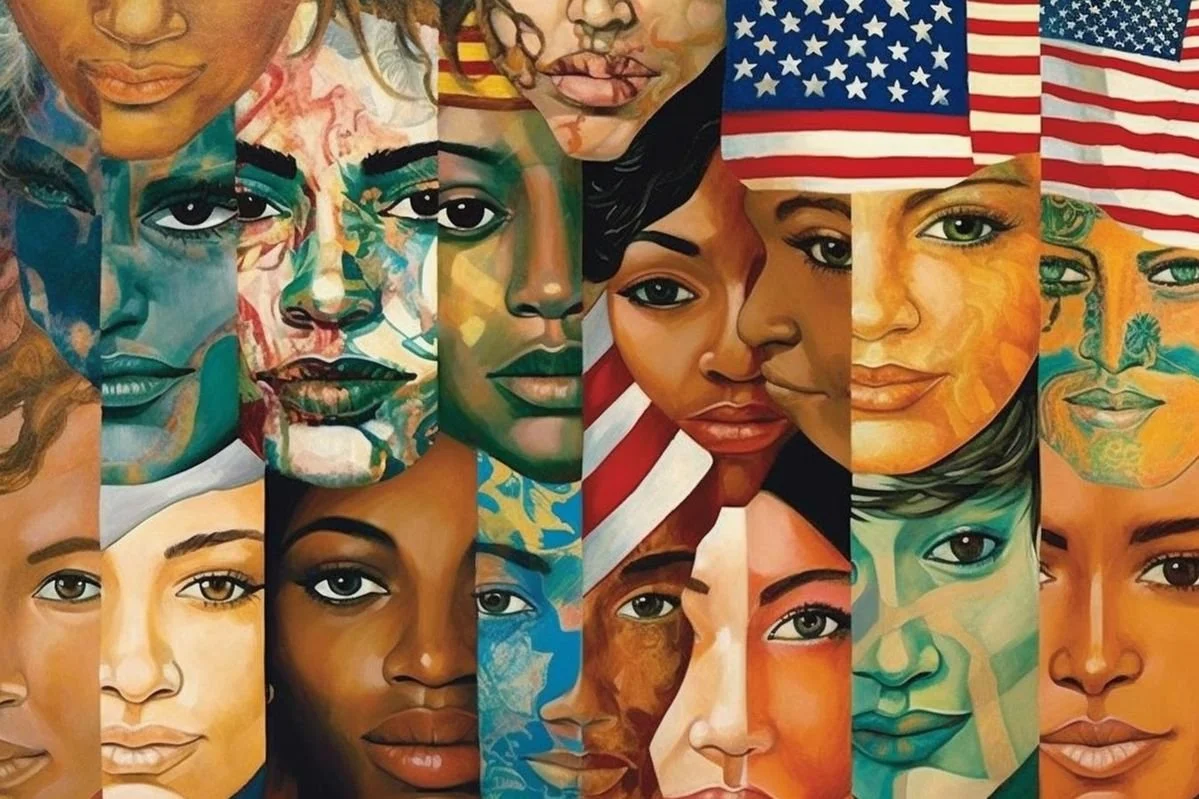Over time, numerous monumental advancements have driven scientific and technological progress, shaped by diverse cultural contributions. These developments surpassed adversity and remain valuable to society today.

What is diversity:
Diversity defined:
Diversity is a multifaceted range of differences that exist among individuals, encompassing a broad range of characteristics such as race, ethnicity, gender, age, religion, cultural background, and various other distinctions.
As time progresses so do the scientific and technological advancements
Antonia Novello
(1944 - )Dr. Antonia Novello was born in Fajardo, Puerto Rico, on August 23, 1944. During her early childhood, she overcame significant complexities such as the loss of her father at a young age and suffering from a condition called congenital megacolon, which is an abnormality of the large intestine that limited her energy and activity levels. Nonetheless, experiencing this illness and financial hardship firsthand ignited her passion to become a doctor, so that she could help assist other sick children who encountered financial barriers to assessing the necessary medical care that they necessitated. An intuitive student, Novello obtained her M.D. from the University of Puerto Rico and subsequently focused on pediatric nephrology, which is the subspecialty of internal medicine concentrating on both the diagnosis and treatment of prominent kidney diseases. Her distinct shift from clinical practice to public health permitted her the ability to influence broader populations, eventually paving her way to her historic appointment in 1990 as the 14th U.S. Surgeon General. Antonia Novello is the first woman and first Hispanic to retain the position.
The Sue Brothers
Two Chinese American brothers originally from Portland, Oregon, Derald W. Sue and Stanley Sue, are notable and respectable psychological figures well known for their contributions to multicultural psychology and counseling. The brothers were monumental figures in ethnic minority psychology, which is a subfield of psychology, primarily focused on the science and implementation of psychology with racial and ethnic minority members and groups. Derald W. Sue extensively focuses on the concepts of microaggressions, multicultural competence and the repercussions that both racial and cultural standing can have on one’s mental health. However, Stanley Sue has been an innovator in research that examines disparities in mental health, distinctly in Asian American communities. This exemplifies how multicultural backgrounds impact diagnosis, treatment, and accessibility of care. Derald and Stanley collaboratively initiated a more multifaceted approach that better reflects and fulfills the needs of diverse populations, promoting equity and inclusivity.
As a Puerto Rican woman in a male-predominat field, Dr. Antonia Novello faced systemic biases that intruded on her pathway to leadership. However, her under representation instilled a deeper awareness of inequality, which then was implemented into advocacy efforts for marginalized communities’ access to healthcare and medical advancements.
To combat racial bias and inequity in computing and technology today, society can encourage diversity in education, leadership, and employment opportunities. Additionally, ensuring that there are inclusive design platforms, and collaboration efforts with marginalized communities can cultivate technology that serves a multifaceted society, serving everyone equitability. This ultimately fosters accountability and transparency into technology which can help reduce systemic bias.
Derald W. Sue
(1947-)
Stanley Sue
(1944-2024)
Dr. Antonia Novello exemplifies as a physician and public health official the impact that resilience, determination, and a deep commitment rooted in helping others can have on society and onself.
Antonia Novello promoted the use of medical research and public health statistics to combat prominent issues such as underage drinking and smoking, AIDS awareness, and childhood health. Her leadership as a public health advocate led to several notable public health campaigns that aided to integrate health education initiatives with advancing medical technology making information accessible to disadvantaged communities.
She was inspired by her own struggles with a chronic health condition as a child, which ignited her interest in both medicine and science. That experience motivated Novello to implement medical knowledge and technology to enhance care for patients and allow them to be informed of continuous health issues such as women with AIDS, striving to avoid the neonatal transmission of HIV. Moreover, she continuously allocated efforts to improve accessibility of health care to minority populations.
Although, Derald and Stanley Sue are not technologist, they still play a critical component in combatting diversity. The Sue brothers advanced science through the integration of psychology and mental health with systems and practices that dictate modern technology, such as research, education, and health care delivery. Their cooperative efforts on cultural competence and racial micro-aggressions have formulated how institutions, incorporating those who develop these new technologies, can better reflect diversity, equity, and inclusion when serving multicultural populations. In 1972, the Sue brothers inaugurated the Asian American Psychological Association.
The Sue brothers’ inspiration to embark on a scientific journey was rooted in internal and collective experiences of being an Asian American though in a society where racial and cultural distinctions were so commonly neglected. This direct exposure cultivated in them a drive to challenge systemic inequities through psychology. Additionally, this now corresponds with the application and advancement of modern technology in instances of tele-health, online counseling, and analytical mental health research.
Attributable to the firsthand exposure of inequity as Asian Americans in the early 1970s, when the Sue brothers’ perspectives lacked representation, this enabled them to devote themselves to creating an environment that encompassed the diverse communities they serve. Therefore, in 1972, Derald and Stanley Sue assisted and mirrored the multicultural perspectives that were excluded, ensuring that minority experiences would not be deemed unimportant through research, education, or other emerging platforms that increasingly depend on technology through the founding of the Asian American Psychological Association.
When reflecting on the diverse populations that exist within our society if one continues based on the insights from the Sue brothers work, racial bias in technology can further be mitigated through the promotion of diverse representation within technological workforces, integrating cultural competency in processes, and continuing to encompass marginalized communities.












